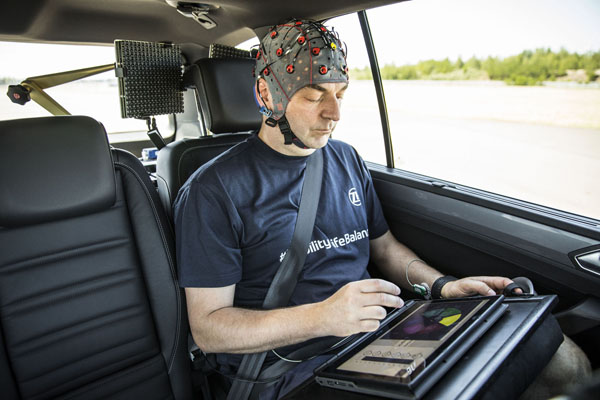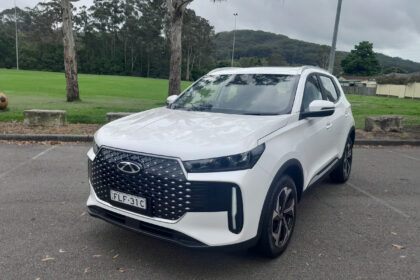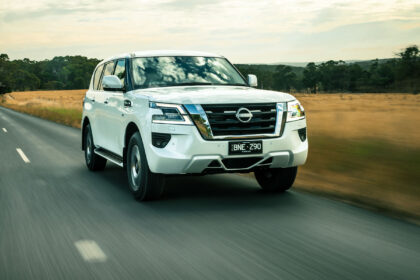
For many people, long car journeys can be synonymous with dizziness, headaches, and nausea. So ZF Friedrichshafen AG is working with neuro-technologists to help counteract motion sickness.
Artificial intelligence uses driving dynamics and the physiological markers of motion sickness to develop driving styles that can help prevent it
Motion sickness is caused by a discrepancy in perception. The balance organ in the inner ear senses a movement that is not confirmed by other sense organs such as the eyes. This is most likely to happen when a passenger is concentrating on a screen or a book.
Researchers analysed the physiological markers that show the highest correlation with the subjective perception of motion sickness by individuals. They also examined how this correlates to the driving dynamics of a vehicle.
With this, the driver – or at some later time the control system running the automated vehicle – can identify at an early stage if someone in the vehicle is starting to feel ill, and can adapt driving characteristics accordingly.
As a consequence of this, individual data is obtained for every passenger in a vehicle, meaning that automated vehicles would actually be able to store the preferred driving style of each passenger.
These are early days in the development – but as a father and grandfather who has cleaned up smelly children’s messes inside cars more than once I heartily endorse ZF’s work.








